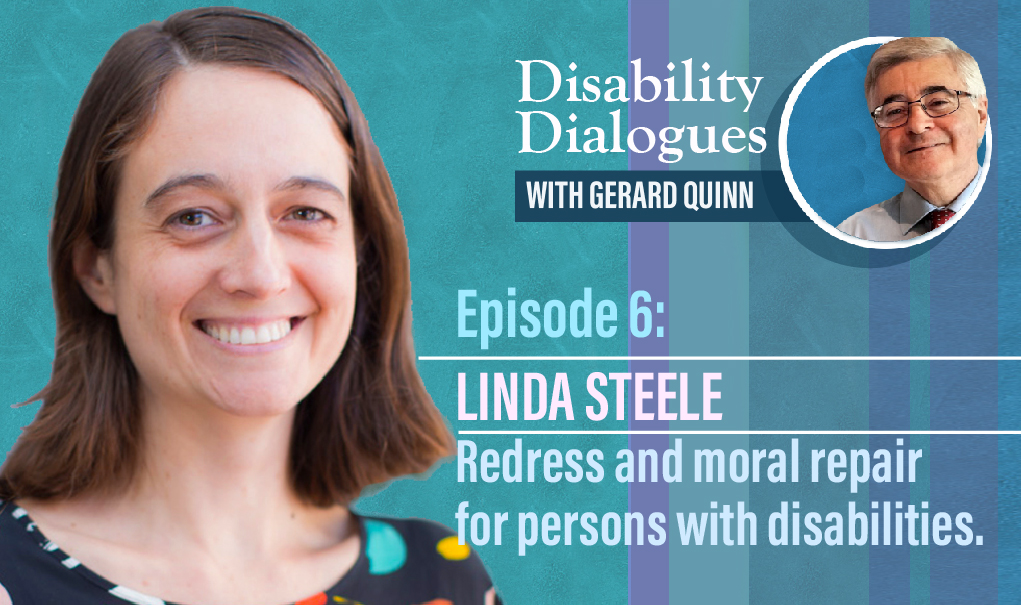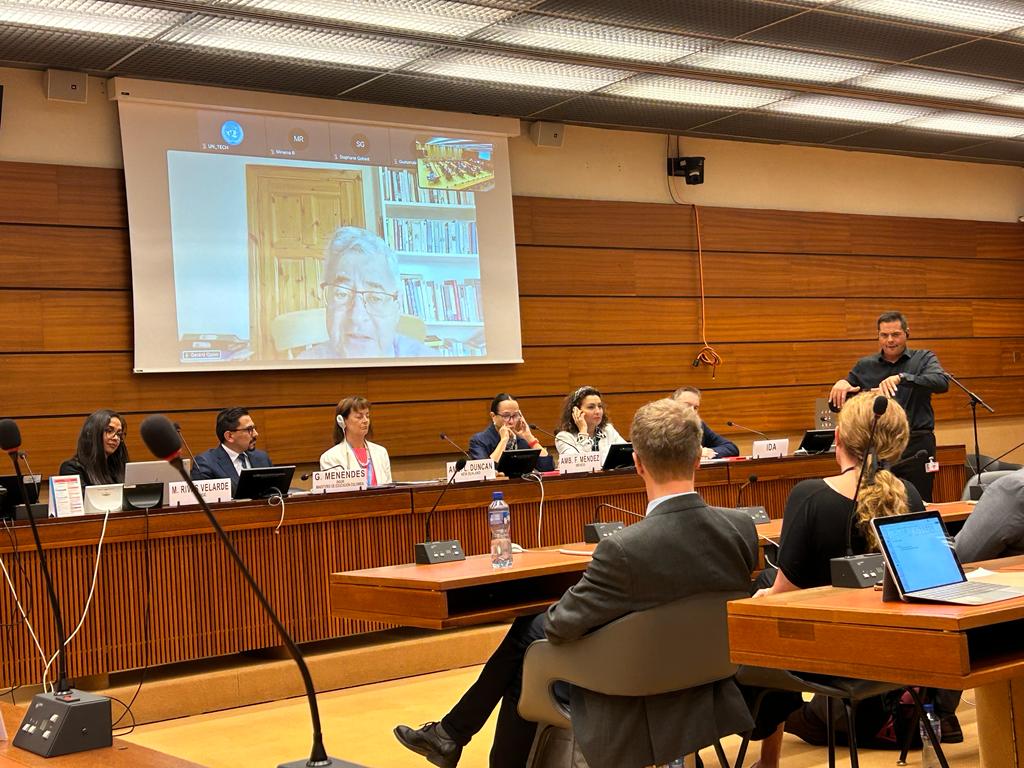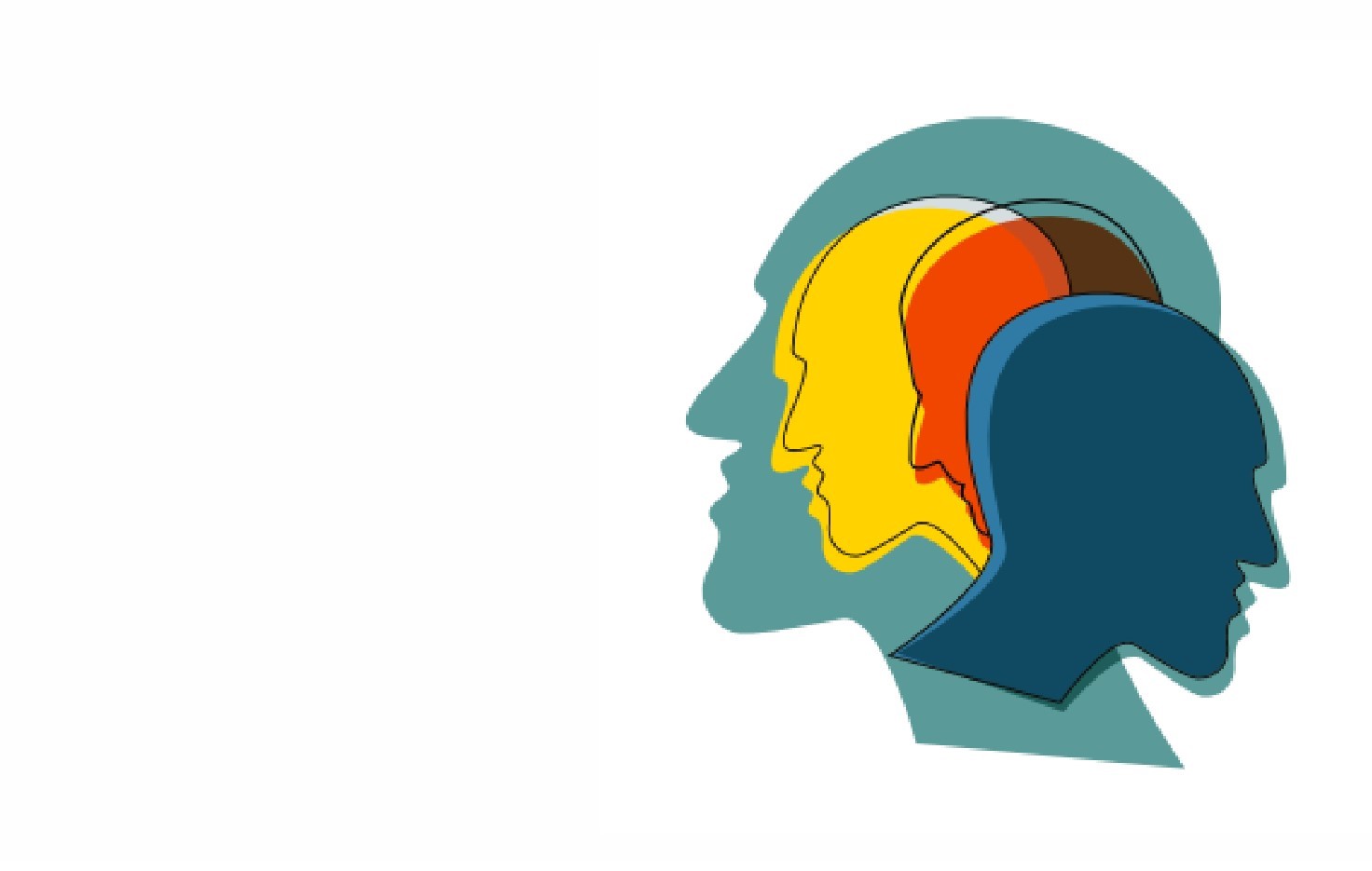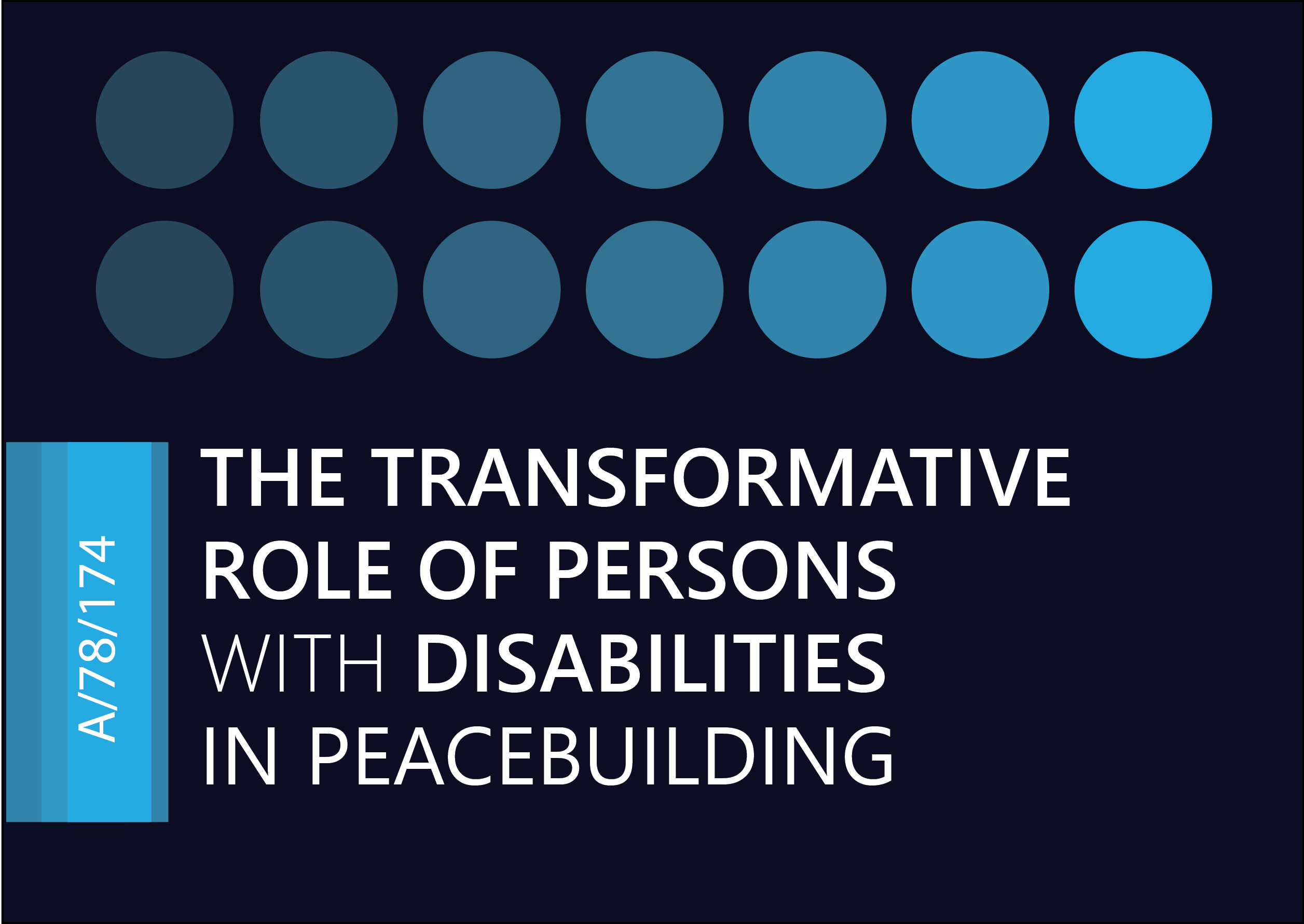It is high time for the international community to come together and reflect on how AI technology can be harnessed positively to drive forward the implementation of the UN CRPD.
What is Artificial Intelligence?
AI is key to the 4th Industrial Revolution.
The first involved steam power and mechanization. The second involved enhanced transportation links such as railroads. The third involved the move to digital platforms to aid efficiency from the 1970s culminating in the internet. And now the 4th is dominated by AI.
They all had one thing in common - they represented a profound rupturing from the past. They each pressed a re-set button on all kinds of human relationships in every domain, economic, social, cultural and even political. They transformed lives and they changed the terms of debate about our lives.
So what is AI?
We - each of us - leave an electronic trail. It is an almost inescapable facet of modern life. You are the sum total of what you consume - electronically. AI tracks that trail and builds up a picture of our lives - individually and collectively. Further, it is used to generate predictions about behavior. Based on these predictions AI helps to fashion marketing strategies to 'push' goods and services deemed to be needed or at least wanted. Zuboff at the Harvard Business School calls this 'surveillance capitalism.' A more sinister application has to do with 'nudging' individual preferences or ways of seeing the world. You can imagine the frightening political applications.
Further, AI learns as it goes - no human interaction is required. That is why it is called 'machine learning.' In truth we are only really at the beginning. One application I am interested in is the mind/machine interface. But thats another day's story.
And even further, actual decisions are being made (even by machines) about our lives based on AI analysis - without us even knowing it.
Don't think this is just a first world issue. The proliferation of handheld devices and their use for all kinds of transactions in the Developing South makes this a truly global issue.
Secondly, what does any of this have to do with disability?
A lot it turns out. For one thing, the algorithms that drive AI, which are initially designed by humans, tend to encode ableism--and indeed ageism.
This gets back to the representivity of the data-sets on which predictions and analysis are made. So, it is no surprise that one of the big asks of the disability community is that AI developers utilize more representative data sets and actively involve persons with disabilities in their co-design.
Why does this matter? Well, increasingly when you do an interview for a job it is videod and the recording is run through an AI programme to analyze performance. If you demonstrate any unusual feature - like a facial twitch - that might be mis-interpreted as 'untrustworthiness' on the job. It is no surprise that NGOs like Face Equality International are working on behalf of persons with facial disfigurement to reveal and reverse these perverse impacts.
And often you - the target - are not even aware that the programmes are running in the background - making predictions, nudging bahavior and opening or closing down life options without human intervention. This is called the 'transparency problem' - or the 'black box' phenomenon.
So the risks to persons with disabilities are obvious.
By the way, they are most assuredly not handled by traditional protections like privacy - at least as it is traditionally understood. The classic role of privacy to police the wall separating the individual from the collective. Under the traditional concept you are notionally in charge of what you share about yourself with the collective. But, if that information is not from you but 'about you' is already widely circulating then the technology is basically hoovering up information about you already in the public domain. Clearly, we need a new human rights imagination to properly grasp the ground-breaking nature of the 4th Industrial Revolution.
Clearly, we need a new human rights imagination to properly grasp the ground-breaking nature of the 4th Industrial Revolution.
However, the picture is not all negative.
Think about the drawbacks of a mid-20th century conception of welfare, or the welfare state or our old social protection systems. No matter which way you slice and dice it, these old systems were anchored on proxy ideas of need - you fall into one category or qualify to be in a category (say a blind pension), it is deemed needy and resources are allocated accordingly. No matter how well intentioned, these systems were and are inefficient.
But what if we could personalize services and support? What if we could build up a picture of your life - the life you value and your own flourishing - and then re-engineer supports to enable you to thrive. In short, what if we used AI to genuinely personalize services and make the dream of independent living and community engagement a reality? Groups like the European Association of Service Providers have begun thinking about this and have even produced a paper on the future of the Uberization of services.
Another fascinating positive application - to me at least- has to do with the future of mental health. An outstanding group in Melbourne led by Piers Gooding is looking into the AI Apps to underpin peer-to-peer support with the bye-product of eliminating the need for residual coercive measures. At the level of ideas - we are seeing the WHO move decisively away from coercion. But now at the level of practically we see a whole new continuum of possibilities opening up. They simply have to be grasped.
And the World Bank has drawn attention to the potential impact of AI in wiring around traditional blockages o the development process. The strategic implications for donors and especially those interested in a theory of change that fits the 21st century are obvious and bear deeper reflection and study.
Lastly, what next?
In my Thematic Report last year I stated that if we do not grasp the opportunities presented by AI (and mitigate the known risks) then the 'furthest left behind' will simply have no chance to catch up. The 4th industrial revolution will pass them by.
A simple case in point. The web was put together in the early 1990s. It was core to the 3rd industrial revolution. It was not designed from the get-go as an accessible tool opening up the lifeworld to millions. Instead, the 'book famine' for millions of blind users continued. We have been trying to play catch-up ever since with web accessibility laws. Imagine what the world would look like if the underpinning technologies had factored in blind users from the very outset.
I believe it is high time for the international community to come together and reflect more deeply on how the technology can be harnessed positively to drive forward the implementation of the UN CRPD.
Of necessity, this should involve the developing community (the tech developers), the business community, Governments and civil society. As Special Rapporteur I have proposed an initial convening in early 2023. Loyola Law School in Los Angeles - in the very heart of Silicon Value - has offered to host such a convening. Loyola is well-suited not just because of its location but also because key faculty were intimately involved in drafting the Marrakesh treaty.
One surprise to me at least, is the under-developed nature of the business & human rights movement in the disability field. It sems obvious - to me at least - that business has an incredibly important role to play in breathing life into the CRPD via making the technology more serviceable to 1 billion persons with disabilities. You would imagine that if public confidence is needed (and it is) to create space for the 4th Industrial Revolution then this opportunity would be sincerely grasped on all sides.
I suggest the current process in the UN Human Rights Council in drafting a legally binding treaty on business & human rights could be very significant as it applies to AI and certainly bears attention.
We are helped by the fact that bodies like the Australian Human Rights Commission have done a lot of good framing of the issues already for us. We are also helped by the formation of new centres like Disability Ethical AI to help us think through the issues.
AI presents new opportunities to wire around old problems and blockages in giving reality to the UN CRPD. As with all industrial revolutions, there is a delicate balance of risks with opportunities. We missed the web revolution of the early 1990s and have been trying to catch up ever since. Lets try get it right this time round before the 'furthest left behind' have no chance to catch up.





